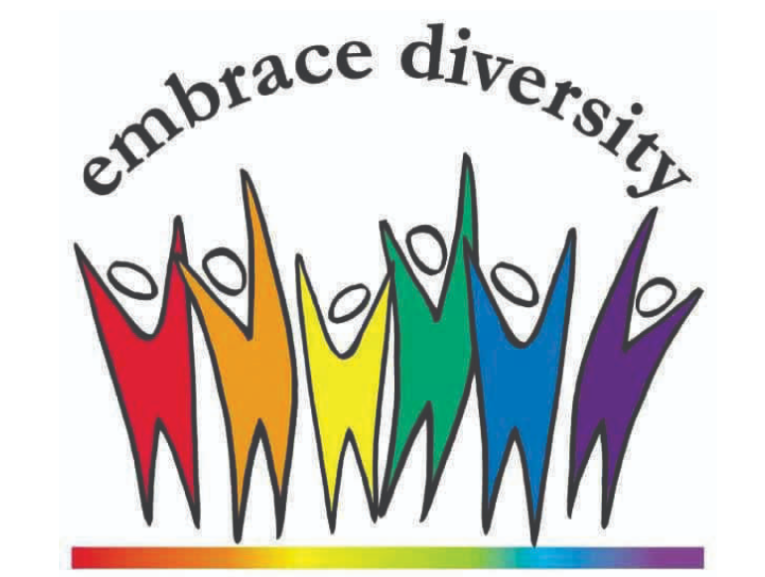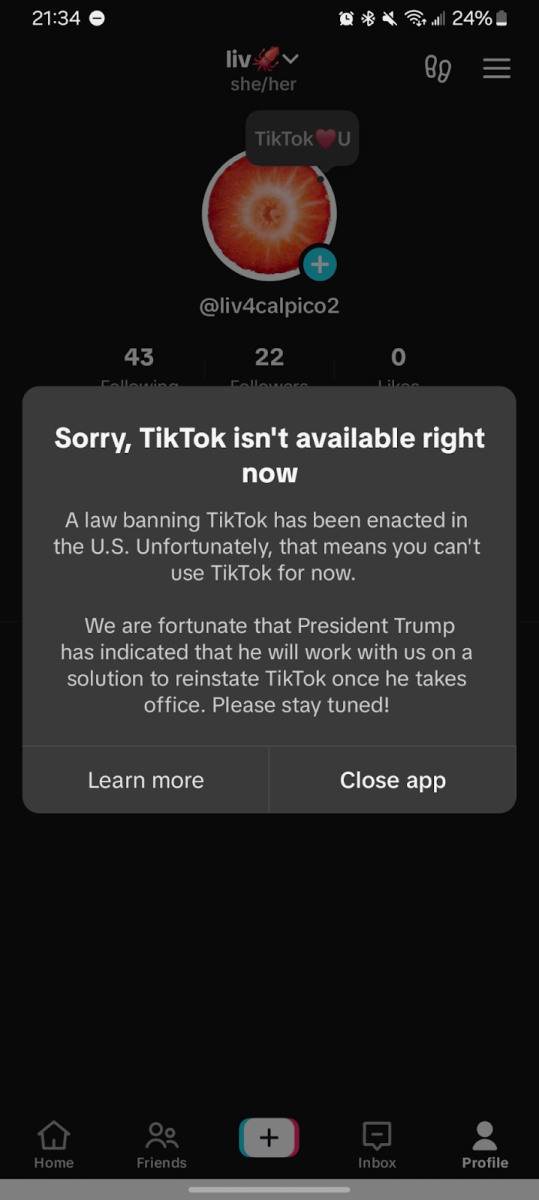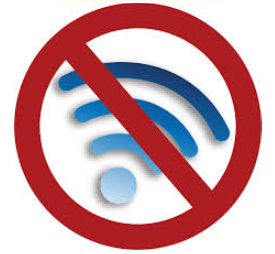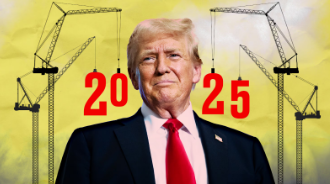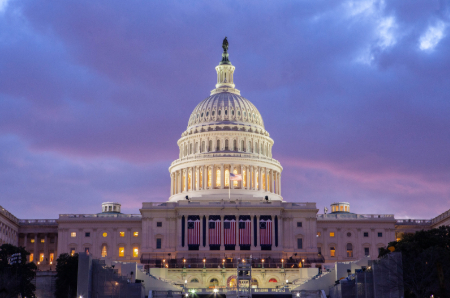On March 13th, a bill that could ban the popular social media app, TikTok, was passed by the House of Representatives with a 352-65 vote. The bill states that if the company behind TikTok, ByteDance, doesn’t sell its stakes within 6 months to another non-Chinese company, the app will be removed from app stores and unable to be accessed.
For the bill to take effect, it must be passed by the Senate, and then signed by President Joe Biden, who stated, “If they pass it, I’ll sign it.”
With that, the bill’s passing is probable, but many don’t know the reasoning behind the push to pass this bill.
Well, despite this bill coming as a surprise for some, the looming threat of a TikTok ban has been on the public’s mind since the very first bill restricting the use of TikTok back in 2022. That was the “No TikTok on Government Devices Act.” This would have required TikTok to be removed from all government-issued devices. This was caused by the concern that its parent company, ByteDance, could leak sensitive information from the U.S. to the Chinese government. Once again, in 2023, TikTok was banned in the state of Montana out of fear of data collection and possible danger posed to teen users.
But, the main reason for this possible TikTok ban is concern regarding the Chinese government accessing its data. Contrary to popular belief, ByteDance, a Beijing-based technology company isn’t owned by the Chinese government and is a privately-owned company. Although, the Chinese government is still easily able to force the company to divulge the data they collect.
The TikTok privacy policy states what information it collects, saying it gathers information like “internet or other network activity information such as your IP address, geolocation-related data, unique device identifiers, browsing and search history (including content you have viewed in the Platform), and Cookies.” Some other data it can access is information stored in its private messages.
Many other social media apps collect information similar to that, but U.S. government officials worry that if the Chinese government has access to this information, it could be used for espionage, and identifying U.S. agents and targets for recruitment.
But how has the public reacted to this bill? Well, it’s had some mixed responses.
There are over 100 million American TikTok users, and a great deal of them have denounced the bill for varying reasons. Many TikTok users create short-form videos on TikTok. These videos can result in millions of views and have even catapulted some young users to fame. Further, many also use TikTok as a platform for their brands, utilizing TikTok’s recently added shop feature to promote their independent businesses. These creators rely on TikTok to find new customers and keep their businesses afloat.
And for small business owners on TikTok, it could become quite difficult to keep their companies afloat without their key audiences on the app. 44% of small-business owners believe they will see a decrease in revenue and 13% think their business will struggle with the passing of the bill. And that’s without mentioning store owners whose income completely stems from sales through TikTok.
A survey from December 11, 2023, with the Pew Research Center has found that 27% of U.S. adults are against the bill’s passing, compared to the results of a previous survey from that year with 22% in opposition. This survey also found that 68% of TikTok’s teen users oppose a TikTok ban, but they could still be in support of the bill if it means TikTok is sold to a different company.
However, not all Americans are against the passing of the bill. In a recent survey from March 27, 2024, saw that nearly half of its 1000 participants supported a ban or sale. About 20% of these participants even supported a total ban of TikTok. A previously mentioned survey also found that a higher percentage of adults support a TikTok ban compared to teens and kids.
While the public have yet to see the fate of the bill, it’s clear that the public has strong opinions on this matter.
























